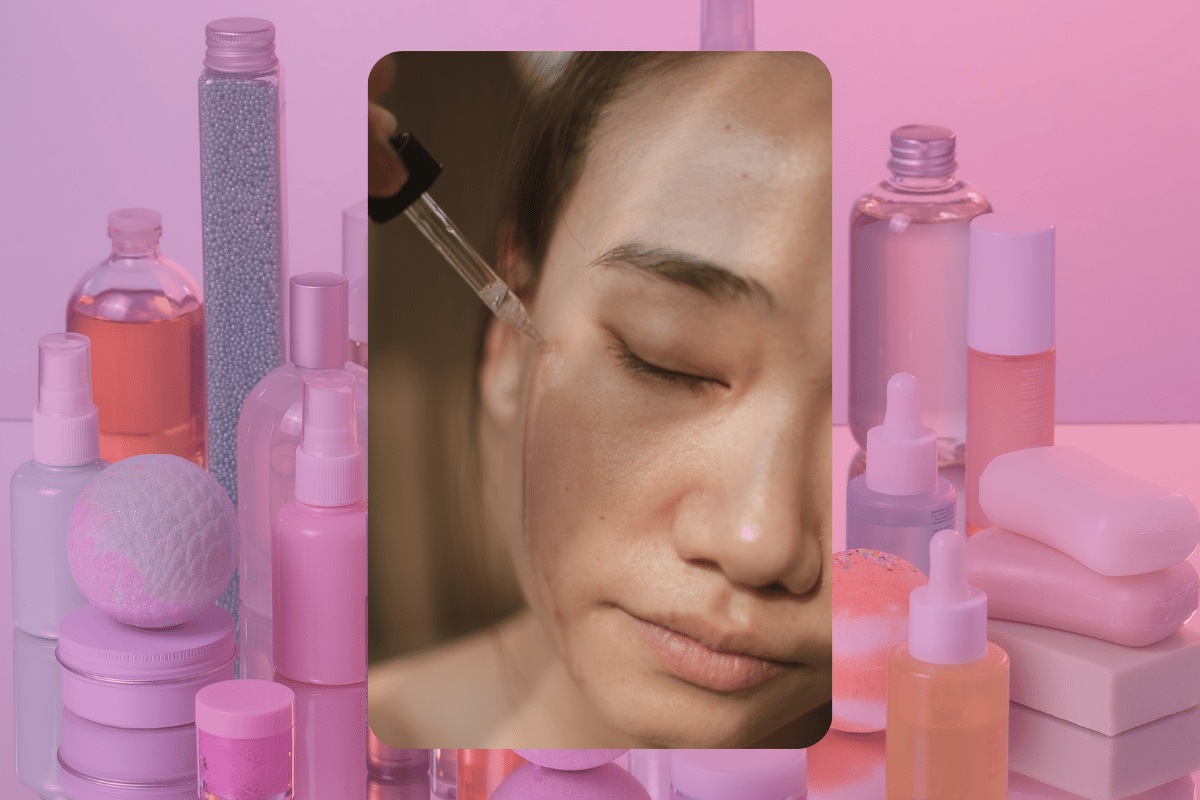
If you're a person with skin on your face, chances are you're constantly trying to battle against one chief skin concern.
Be it dryness, oiliness or sensitivity — most of us have a careful edit of skincare products that we stick to in order to take care of these specific niggling concerns.
But what happens when you're skin suddenly... changes? Like, say you've been battling oily skin your whole life, and now your skin is dry?
It can be hella confusing. A wee bit scary, even. Especially when you've spent the majority of your life avoiding certain products, only to be thrust into a whole new world.
Watch: Speaking of skin... here are seven ways to improve your skin while sleeping. Post continues below.
So, what's the deal — can your skin type actually change? If so, what causes it to change? And what's the best thing to do if this happens?
We ALL of the questions. That's why we hit up an expert to answer them for us (lazy, we know).
To find out more, we spoke to Dr Imaan Joshi from Skin Essentials to talk about exactly how your skin type can change — and what this means.
So, can your skin type actually change?
According to our expert, yes — this is a thing. But it doesn't happen on its own.
As Dr Joshi explains. "Your skin is one of the largest organs and unlike most other organs, it is constantly exposed externally to the elements — wind, sun, UV, heat, cold and humidity."




























































































